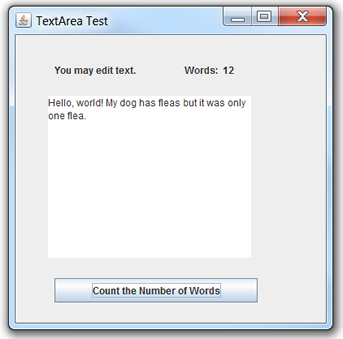
- Run javascript functions inside pug template install#
- Run javascript functions inside pug template code#
You'll need to open a new terminal (command prompt) for the node and npm command-line tools to be on your PATH. The Node Package Manager is included in the Node.js distribution.
Run javascript functions inside pug template install#
To get started in this walkthrough, install Node.js for your platform. However, to run a Node.js application, you will need to install the Node.js runtime on your machine.
Run javascript functions inside pug template code#
Visual Studio Code has support for the JavaScript and TypeScript languages out-of-the-box as well as Node.js debugging. Node.js is the runtime and npm is the Package Manager for Node.js modules. Node.js is a platform for building fast and scalable server applications using JavaScript.
Configure IntelliSense for cross-compilingĮdit Node.js tutorial in Visual Studio Code. When a filter is present in both pug.filters and options.filters, the filters option takes precedence. This object has the same semantics as the filters option, but applies globally to all Pug compilation. renderFile( 'path/to/file.pug', options) returns : string The resulting HTML string var pug = require( 'pug') => 'of pug' pug.renderFile(path, ?options, ?callback) path : string The path to the Pug file to render options : ?options An options object, also used as the locals object callback : ?function Node.js-style callback receiving the rendered results. pug.render(source, ?options, ?callback) source : string The source Pug template to render options : ?options An options object, also used as the locals object callback : ?function Node.js-style callback receiving the rendered results. compileClient( 'string of pug', options) source : string The Pug template to compile options : ?options An options object returns : string A string of JavaScript representing a function var pug = require( 'pug') => 'of pug' pug.compileClient(source, ?options)Ĭompile a Pug template to a string of JavaScript, which can be used client side. compileFile( 'path to pug file', options) path : string The path to a Pug file options : ?options An options object returns : function A function to generate the HTML from an object containing locals var pug = require( 'pug') => 'of pug' pug.compileFile(path, ?options)Ĭompile a Pug template from a file to a function, which can be rendered multiple times with different locals. Render the function var html = fn( locals) source : string The source Pug template to compile options : ?options An options object returns : function A function to generate the HTML from an object containing locals var pug = require( 'pug') Methods pug.compile(source, ?options)Ĭompile a Pug template to a function, which can be rendered multiple times with different locals. name : string The name of the template function. For all other compilation or rendering types, the default is false. For compileClient functions, the default is true (so that one does not have to include the runtime). inlineRuntimeFunctions : boolean Inline runtime functions instead of require-ing them from a shared version. cache : boolean If set to true, compiled functions are cached. globals : Array Add a list of global names to make accessible in templates. It is enabled by default, unless used with Express in production mode. compileDebug : boolean If set to true, the function source will be included in the compiled template for better error messages (sometimes useful in development). 
debug : boolean If set to true, the tokens and function body are logged to stdout. It will speed up the compilation, but instead of writing variable you will have to write self.variable to access a property of the locals object. self : boolean Use a self namespace to hold the locals. filters : object Hash table of custom filters. Too often, it creates subtle bugs in your templates because of the way it alters the interpretation and rendering of whitespace, and so this feature is going to be removed. We strongly recommend against using this option.

If a string is specified, that will be used as indentation instead (e.g.

pretty : boolean | string Adds whitespace to the resulting HTML to make it easier for a human to read using ' ' as indentation. See doctype documentation for more information. It is sometimes useful to get self-closing tags and remove mirroring of boolean attributes. doctype : string If the doctype is not specified as part of the template, you can specify it here. basedir : string The root directory of all absolute inclusion.

Used in exceptions, and required for relative include\s and extend\s. render( 'p Hello world!') Īll API methods accept the following set of options: filename : string The name of the file being compiled. Pug is available in your Web browser’s console! To test drive Pug’s API, as documented on this page, try entering: pug.








 0 kommentar(er)
0 kommentar(er)
